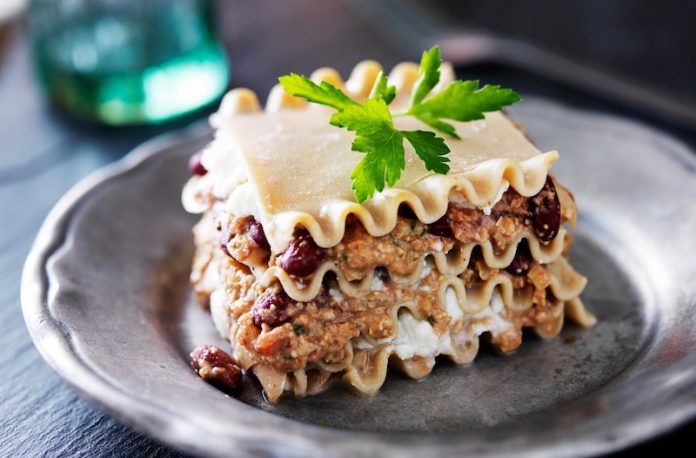
Living with celiac disease means navigating a world filled with hidden dietary dangers.
For the uninitiated, celiac disease is an autoimmune disorder where the ingestion of gluten—a protein found in wheat, barley, and rye—leads to damage in the small intestine.
It’s not just a food allergy or a lifestyle choice; for those with celiac disease, a gluten-free diet is a medical necessity.
Understanding Celiac Disease
Imagine your body treating a common food protein as an invader, attacking it and, in the process, harming itself.
That’s what happens in celiac disease: gluten consumption triggers an immune response that damages the small intestine’s lining, leading to discomfort, nutrient deficiencies, and even more severe health problems if left unchecked.
The Gluten-Free Solution
The only scientifically proven treatment for celiac disease is a strict gluten-free diet. It’s not just about skipping bread or pasta; gluten can lurk in many less obvious foods like sauces, soups, and even some candies.
This diet requires a complete lifestyle overhaul and a thorough education on food ingredients.
Going Gluten-Free: The Basics
A gluten-free diet involves avoiding all foods that contain wheat, barley, and rye. This includes most bread, pasta, and cereals not labeled gluten-free.
But it’s not just about avoidance; it’s about substitution. Gluten-free grains like rice, corn, quinoa, and gluten-free flours can replace gluten-containing ones.
The Evidence Supporting Gluten-Free Diets for Celiac Disease
The effectiveness of a gluten-free diet for celiac disease is well-documented in medical research.
Numerous studies have shown that when individuals with celiac disease eliminate gluten from their diets, their small intestine heals, and their symptoms improve significantly.
This diet is the cornerstone of celiac disease management and is supported by healthcare professionals worldwide.
The Challenges of Going Gluten-Free
Adopting a gluten-free diet is not without its challenges. Gluten is a common ingredient, and avoiding it requires constant vigilance.
Cross-contamination is another concern, as even tiny amounts of gluten can trigger symptoms and intestinal damage. Reading labels becomes a way of life, and eating out requires careful selection and communication with restaurant staff.
The Benefits of Sticking to the Diet
For those with celiac disease, the benefits of a gluten-free diet extend beyond symptom management.
Long-term adherence to the diet can prevent complications such as anemia, osteoporosis, and even certain types of cancer associated with untreated celiac disease. The diet also leads to an improved quality of life and well-being.
Making a Gluten-Free Diet Work for You
While the idea of going gluten-free might seem daunting, it’s entirely achievable with the right resources and support. Many grocery stores now have gluten-free sections, and there are numerous cookbooks and online resources dedicated to gluten-free living.
Dietitians specialized in celiac disease can provide invaluable guidance on maintaining a balanced diet while avoiding gluten.
Support and Awareness
Living gluten-free is more than a personal journey; it’s a communal one. Support groups, both in person and online, can offer tips, encouragement, and understanding.
Increased public awareness has led to better food labeling laws and more gluten-free dining options, making it easier to manage the disease.
Conclusion: A Lifesaving Diet
For the millions of people worldwide with celiac disease, a gluten-free diet isn’t a trend; it’s a lifesaving change. It’s about reclaiming health and finding joy in foods that nourish without harm.
While celiac disease presents unique dietary challenges, the growing availability of gluten-free products and a supportive community make managing the condition more accessible than ever.
In the end, a gluten-free diet for celiac disease isn’t just about what you remove from your plate; it’s about the health and happiness you add to your life.
With each gluten-free choice, individuals with celiac disease take a step toward a healthier, more vibrant life.
Follow us on Twitter for more articles about this topic.
Copyright © 2023 Scientific Diet. All rights reserved.





